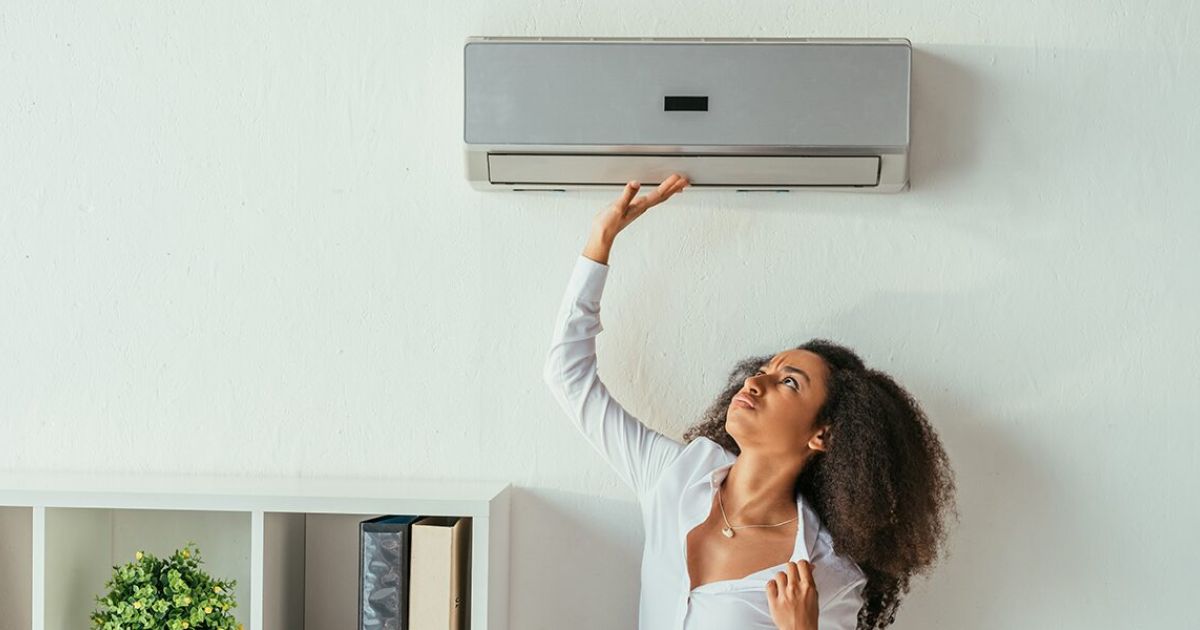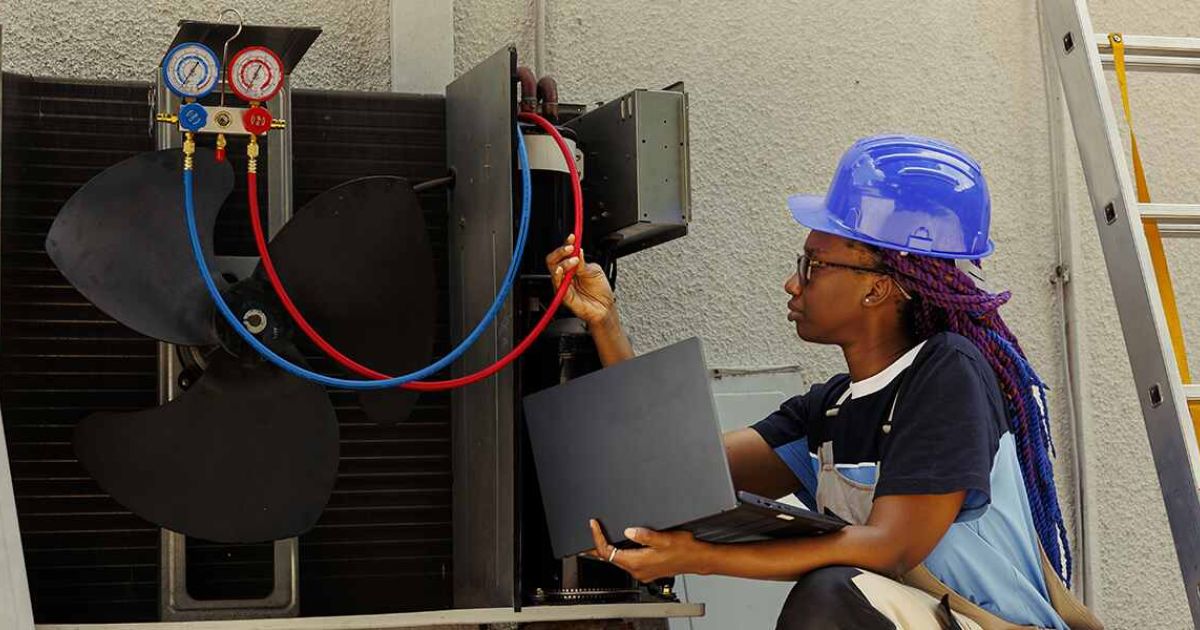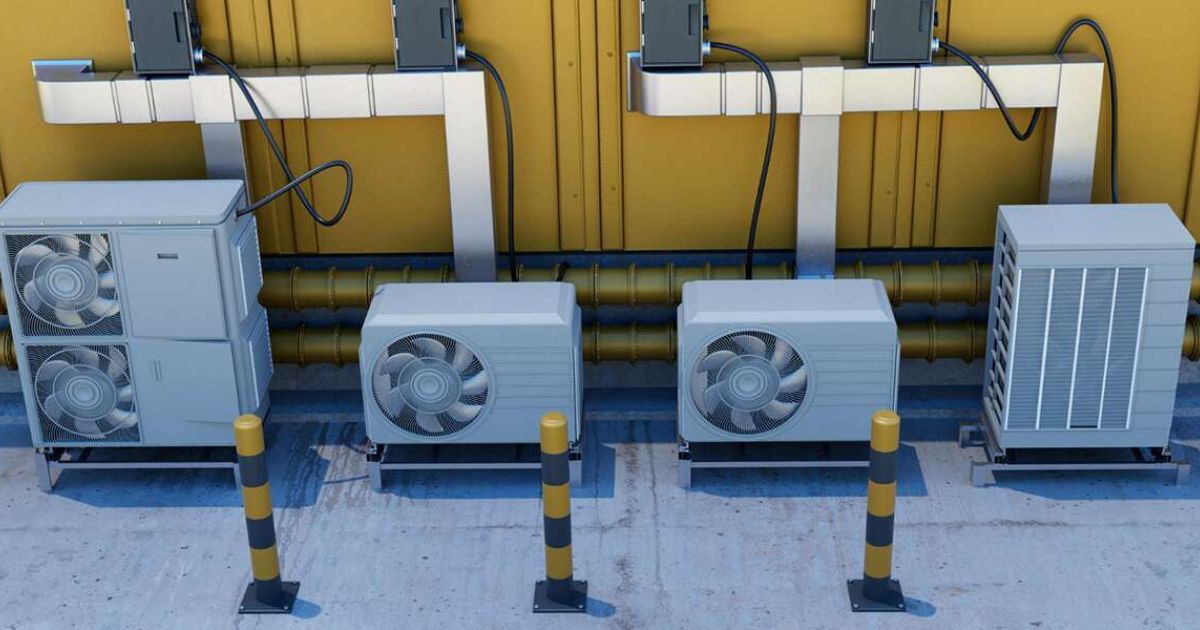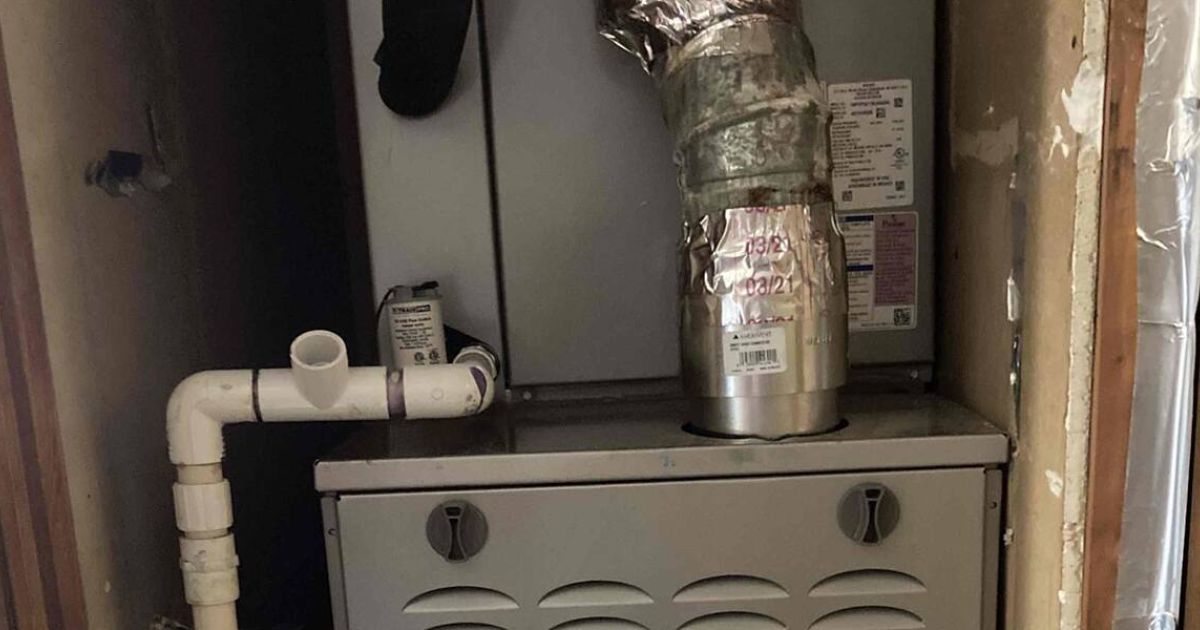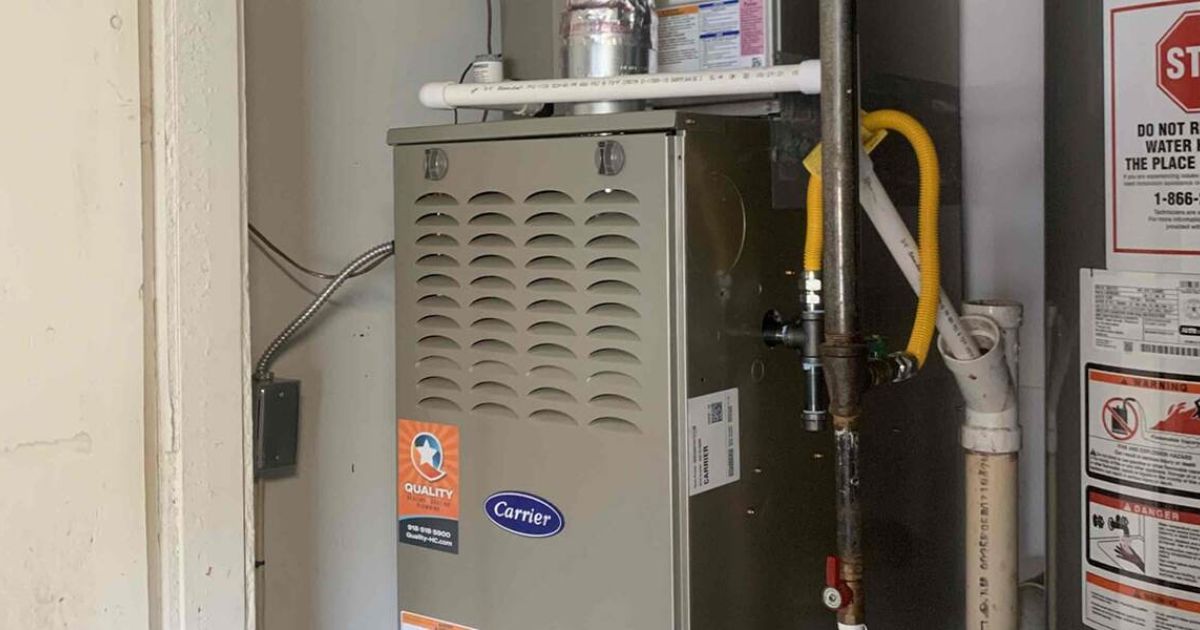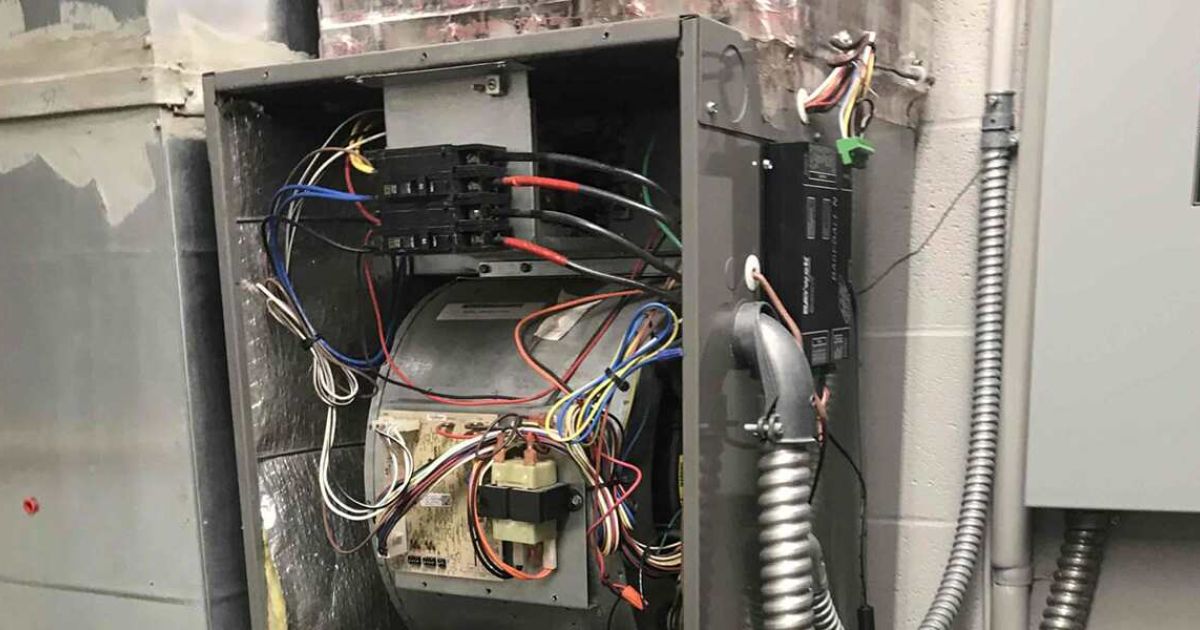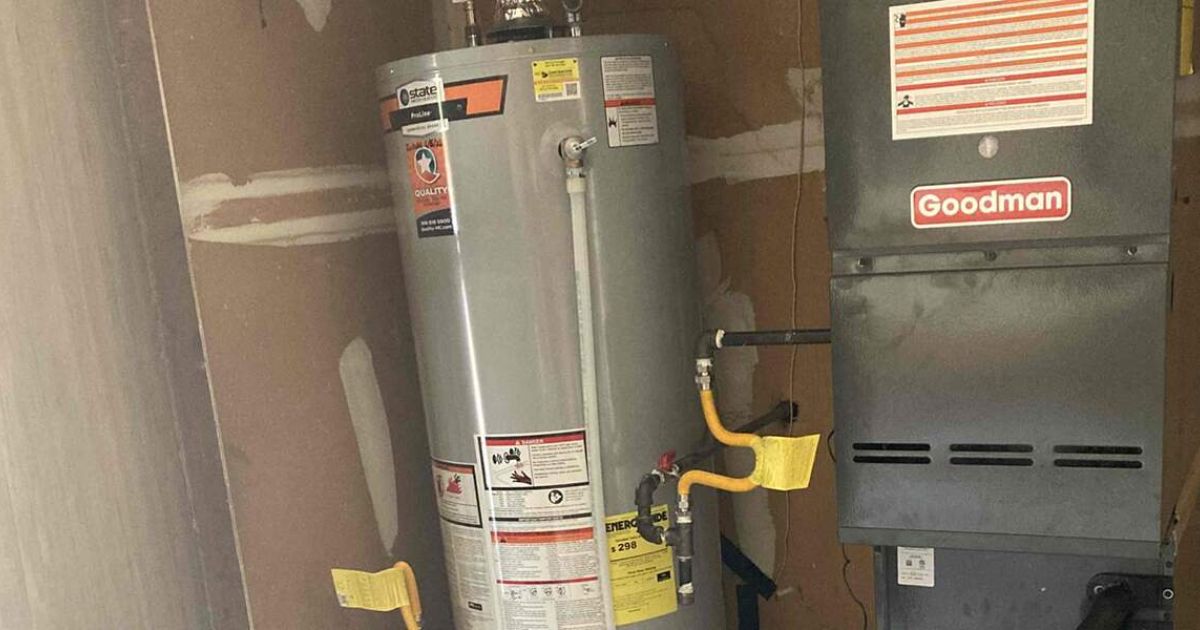
Quality Heating, Cooling & Plumbing can help you install an efficient heating system when you call 918.393.4204.
If you’re looking for efficient heating methods for your home, you might wonder, “How long does it take to install a new boiler?” Keep reading to discover which factors affect how quickly Quality Heating, Cooling & Plumbing can install your new boiler. As a trusted and expert heating contractor in Tulsa, OK, we approach every job, no matter the size, with dedication and professionalism.
Benefits of Installing a Boiler
If you’re debating between boiler installation and some other type of heating system, knowing the benefits can help you more easily make the decision.
Increased Efficiency
While different boilers have various efficiency ratings, a boiler is almost always more cost-effective than a furnace.
What makes a boiler so energy efficient? Whereas furnaces heat air directly, boilers heat water, which they then transport to radiators throughout the home where the steam ambiently heats the room. Because it takes less energy to heat water than air, they lower your utility bills.
Even Heating
While still relatively consistent, a home that uses a furnace for heat experiences less distribution than boiler-based HVAC systems. With a furnace providing heat, it quickly rises to the ceiling and then lowers as it cools. Especially in homes with high ceilings, this leaves you with inadequate access to the best-heated air.
A boiler uses radiant heat that keeps a consistent supply of warm air toward the bottom of your rooms. While many people find the heating from a furnace adequate, if your home can support a boiler system, you might find the difference in hot air consistency surprising.
Fewer Space Requirements
While some boilers take up more space than a furnace, a more modern variety called a combination boiler eliminates the water storage tank and heats water on demand. Much like a tankless water heater, these boilers are a great option for basements or utility spaces with unique layouts or space restrictions.
Better Air Quality
Furnaces require ductwork to distribute the air throughout your home and also use air filters to purify the air. Over time, the ductwork accumulates dust, which requires regular cleaning. You’ll also spend money on a new air filter for your furnace every 30 days. Over time, this affects your air quality and can aggravate your allergies or respiratory issues.
A boiler doesn’t use ductwork to distribute the warm air, as the steam travels through tubes and into your radiators or directly into your flooring. This means not only do you save money on cleaning and air filters, but you’ll breathe cleaner air that’s free of pollutants. A boiler also doesn’t dry out the air like a forced-air furnace.
Factors Affecting Installation Time
If you’re convinced about the benefits of a boiler, you’re probably wondering, “How long does it take to install a new boiler?” Whether you’re installing a new boiler or opting for a boiler replacement, several factors determine how long the process takes.
Type of Boiler
If you already have a boiler and are replacing it with the same type, installation should only take between four to six hours. You likely have one of the following boiler types:
- Heat only: A heat-only boiler is the standard type and works with a hot water cylinder to distribute the heated water directly to your radiators. They work best in old homes with classic radiators that can’t stand up to the high pressure of a combination boiler. They’re fast and affordable to install, but the warranty doesn’t cover the extended pieces of the system like radiators.
- System: These boilers are modern versions of conventional boilers, and while they still use a hot water tank, other components integrate into the boiler to take up a little less space. The major difference is that they don’t use open venting like the conventional boiler and can provide hot water in addition to heat. They’re excellent for homes or businesses that use a high volume of hot water, and the manufacturer’s warranty often covers a greater percentage of the system.
- Combination: A combination boiler provides both heat and hot water without requiring a separate tank. It provides instantaneous hot water by heating it directly from the main cold water line. While they’re more expensive to install, they use significantly less space, have lower maintenance costs, and you don’t have to wait for your water to heat up.
In addition, your boiler could use electricity, natural gas, and other types of fuel. If you change the type of boiler or its fuel source, it can take up to three days to install the boiler.
Current HVAC System
If your home currently uses a furnace and forced air for its heat, changing to a boiler-based system can take substantial time. Because it requires significantly reworking your HVAC system and installing new components, installing a brand new boiler can take even the best professionals up to five days.
Water Supply and Other Complications
Because your boiler requires access to your water supply, if complications occur during the installation, it can extend the job’s duration. The most common complications with the water supply and other components include the following:
- Connection leaks, such as a pipe of the incorrect size
- Defects in water transmission, which also arise from the wrong size pipe, and which can decrease the boiler’s efficiency
- Gas leaks, which can pose a serious safety threat
- High pressure within the boiler, which can cause an explosion
While these problems are rare, they require immediate attention from a specialist and often extend the installation time for a day or two.
How Does an HVAC Specialist Install a Boiler?
What is the installation process for a new boiler? The procedure usually looks similar to the following:
- We walk you through the process so you know what to expect. If we think the installation will take multiple days, we encourage you to go about your life as normal.
- If you have a boiler already, we cut it out and clean the existing system. Sometimes, this requires us to flush out the entire network.
- We reconfigure your piping as needed so it perfectly fits the new boiler.
- We connect your boiler to the water line, water outlets, your radiators, and, if necessary, the water tank.
- If you’ve optioned for extra accessories, like water filters or filling loops, we connect those as needed.
- Once we’re sure we’ve connected everything correctly, we test your system to confirm it functions efficiently and safely.
- Finally, we spend time showing you how to work your boiler and answering any questions or concerns you might have.
If the installation is simple, such as replacing your current boiler with one of the same type, installation can take as little as four hours. If complications arise or you need significant changes to your HVAC system, the process can take up to five days. No matter the effort and duration required, Quality Heating, Cooling & Plumbing practices frequent and clear communication.
Contact Quality Heating, Cooling & Plumbing for All Your Heating Needs
How long does it take to install a new boiler? It depends on a number of factors, but Quality Heating, Cooling & Plumbing works as efficiently as possible to help you regain efficient heating for your home. We’re Tulsa’s first choice for HVAC because we’ve maintained a 20-year history of unparalleled service.
Whether you’re looking for a newer boiler heating system or want other HVAC solutions, Quality Heating, Cooling & Plumbing can help. Book an appointment by calling 918-393-4204.

Cassie Pound is the Vice President of Quality Heating, Cooling, Plumbing & Electric with locations in Tulsa, Glenpool, and Bartlesville, Oklahoma.


